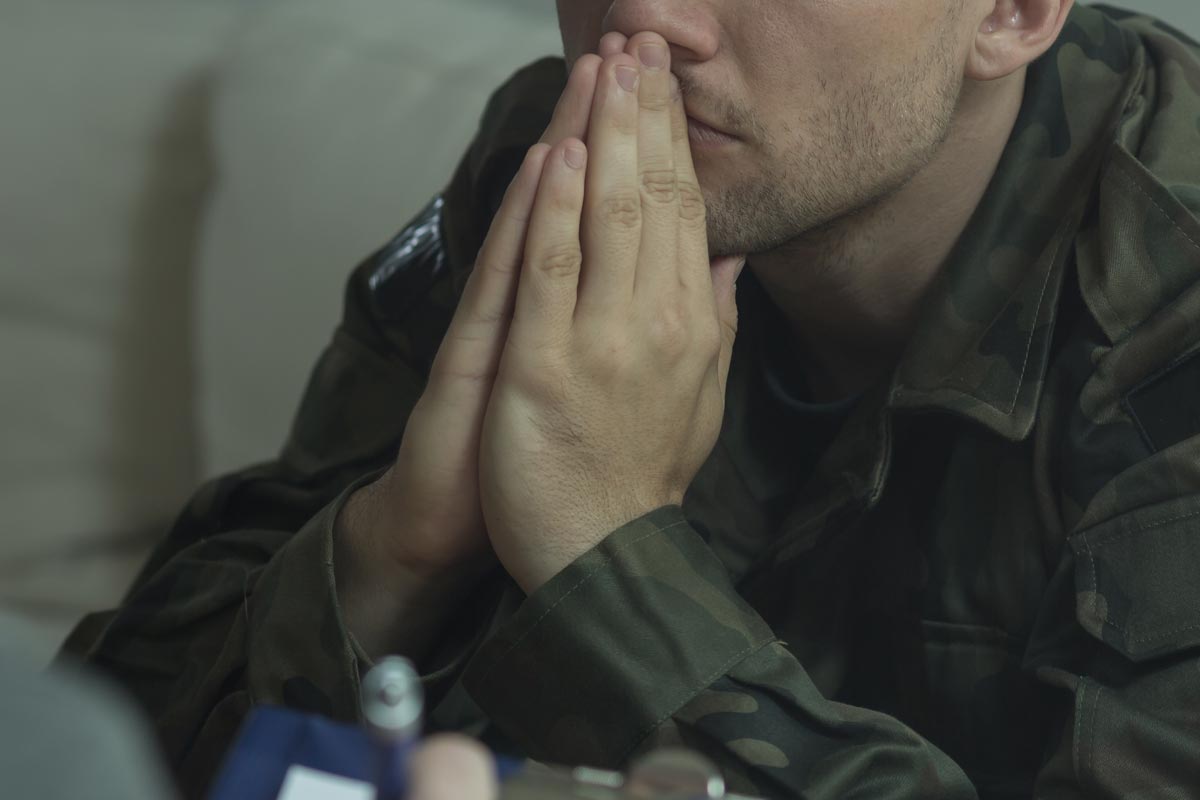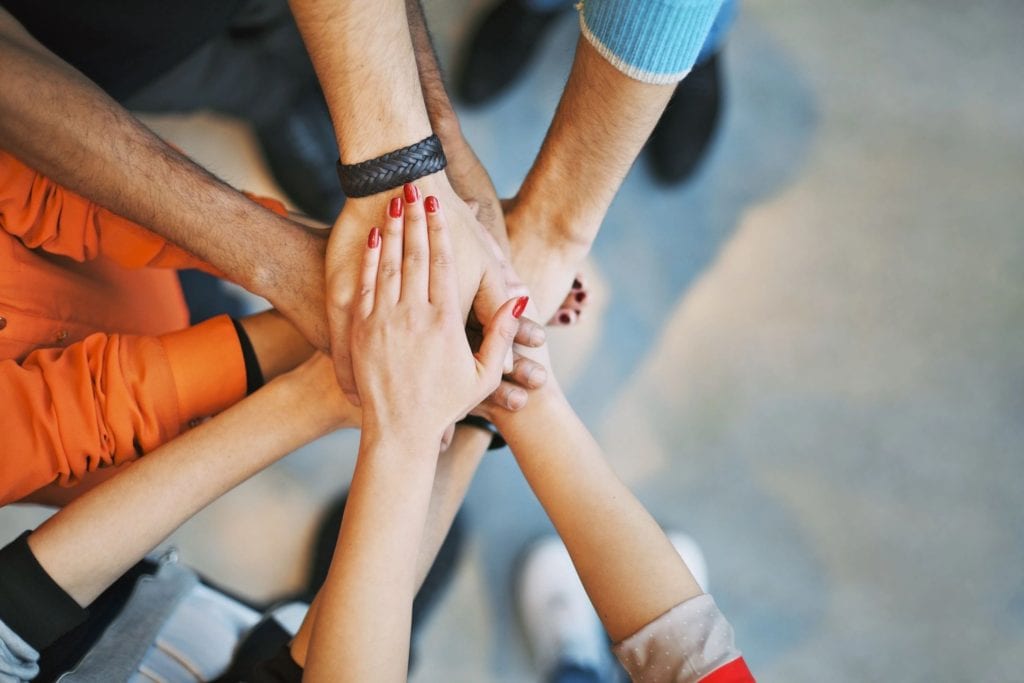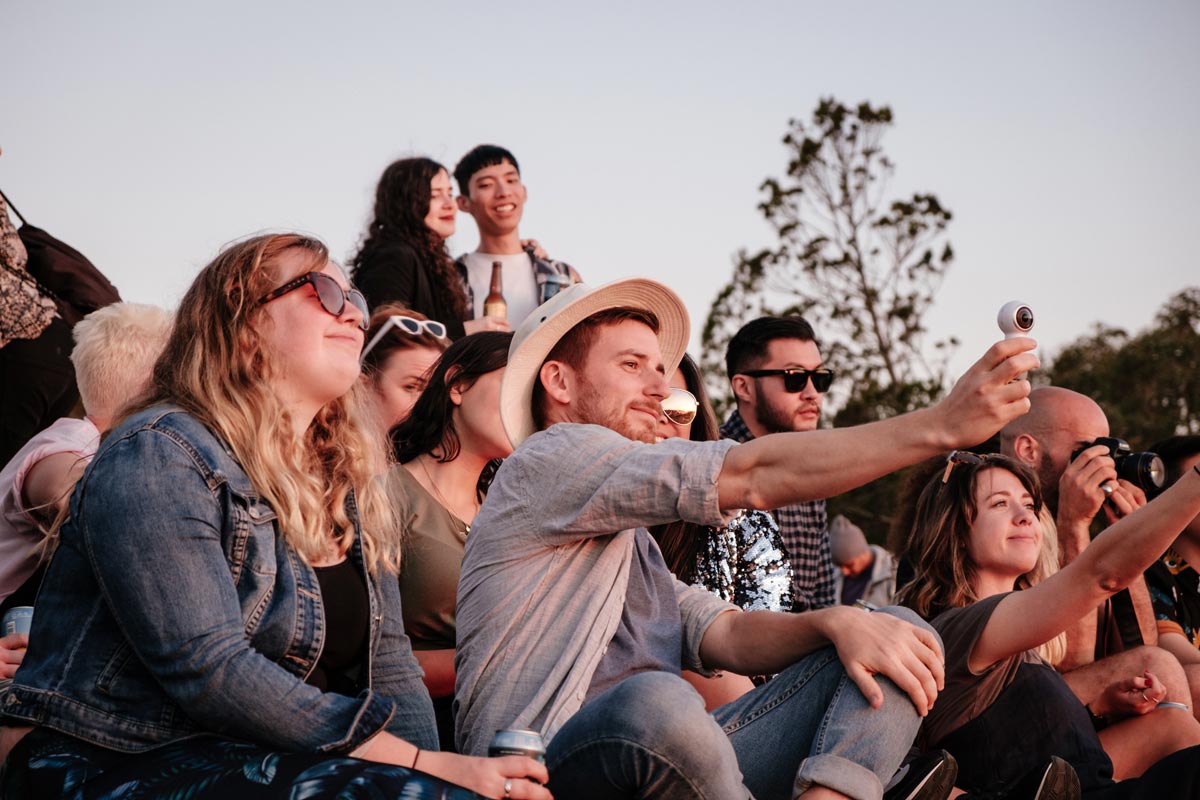This is Memorial Day weekend, a time to remember all the brave American men and women who gave their lives for our great nation. And like most American holidays, it also a time when friends and family gather to celebrate during the three-day weekend. If you are working a program of recovery and plan on attending such gatherings, it is important that you talk about it with your sponsor beforehand and have plan in place if things get shaky.
You do not have to be in early recovery to experience cravings when you are around alcohol. Individuals with significant lengths of time, people who thought their program was strong, have convinced themselves that having just one or two beers at a barbeque was OK. And while such a slip may not lead to a full blown relapse that goes on for an extended period of time, such is often the case. Relapsing is easy, plugging oneself back into the program, having to identify as a newcomer once again is no small feat. But your life depends upon it.
With that in mind, let’s discuss a few things you can do to protect your recovery over the weekend.
Holidays Can Be Hard In Recovery
Whether it is Christmas, New Year’s Eve or Memorial Day—navigating any major holiday can be a real challenge and test in recovery. Even though we all want to believe that our program is secure enough to go anywhere and not pick up a drink or drug, such a belief can be a slippery slope. There is a reason why we talk about the various obstacles in our life on weekly basis with our peers in recovery. In many ways, it serves as a barometer, showing you if you are doing enough for your program. If you are not, your sponsors or others in your homegroup will enlighten you about what else you could be doing. They may ask you if you are volunteering? Are you extending your hand to newcomers? Are you spending enough time around people who have common goals? If not, some changes are likely in order.
If you answered “no” to any of those questions, it is a safe bet that you may not want to be in place or events typified by alcohol use. If you have committed yourself to attending a Memorial Day barbeque, you would be wise to ask another person in the program to go along with you. What’s more, your addiction does not take holidays. Make sure you get to at least one meeting, either before or after attending an event that involves alcohol. There is never any harm in going to two meetings in one day.
Have your phone charged and always by your side. Finding yourself on uncertain ground without a lifeline is precarious to say the least.
Relapse Back to Recovery
Sadly, there will be people in the program who do not take certain steps to protect their recovery this weekend. If that ends up being your story, please do not make the problem worse due to guilt or shame. That is the beauty of the program, your peers will welcome you back with open arms. Your seat at the table will always be there.
On another note, you may need to consider checking back into to treatment. Some relapses go on for a long time. If that is the case, please contact 10 Acre Ranch to for help.




